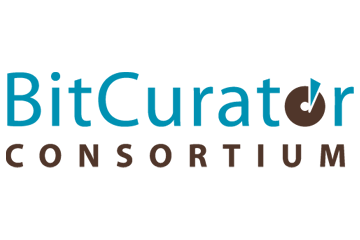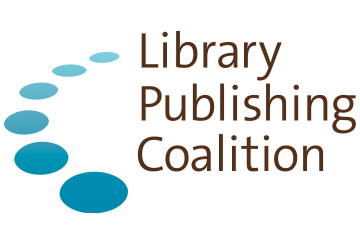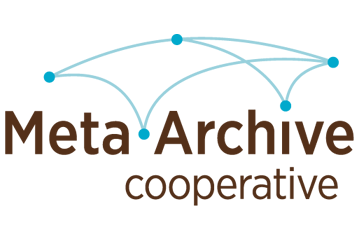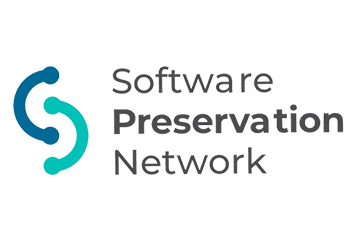BitCurator Consortium
Helping cultural organizations acquire and curate born-digital materials through open-source digital forensics tools.
The BitCurator Consortium is an independent, community-led membership association that serves as the host and center of administrative, user and community support for the BitCurator environment. It is a continuation of the BitCurator Project (2011-2014) funded by the Mellon Foundation and led by the School of Information and Library Science (SILS) at the University of North Carolina, Chapel Hill and the Maryland Institute for Technology in the Humanities (MITH).
The BitCurator environment is a set of open-source tools adapted from the digital forensics industry for libraries, archives, and museum use. The tools extract digital objects, create metadata, ensure integrity, and identify sensitive data, providing libraries, archives, and museums with information to make appropriate processing decisions. The BitCurator environment is freely distributed under an open-source license. It can be installed as a Linux environment; run as a virtual machine on top of most contemporary operating systems; or run as individual software tools, packages, support scripts, and documentation.
Contact: Jessica Farrell
Library Publishing Coalition
Promoting the development of innovative, sustainable publishing services in academic and research libraries to support scholars as they create, advance, and disseminate knowledge.
The Library Publishing Coalition (LPC) is an independent, community-led membership association. The purpose of the LPC is to support an evolving, distributed range of library publishing practices and to further the interests of libraries involved in publishing activities on their campuses.
The LPC was founded with seed support from the Educopia Institute and community members. The LPC is an Affiliated Community of the Educopia Institute.
Contact: Melanie Schlosser
MetaArchive Cooperative
Fostering better understanding of distributed digital preservation methods and to create enduring and stable, geographically dispersed “dark archives” of digital materials that can be drawn upon to restore collections at Member organizations.
The MetaArchive Cooperative is a distributed digital preservation network that ensures that today’s digital collections and data will be available to tomorrow’s scholars, researchers, and citizens. MetaArchive is governed and run by its membership, which comprises an international array of more than 70 libraries, archives, and museums. Founded more than a decade ago, MetaArchive encourages and enables memory organizations to build their own preservation infrastructures and expertise. The collaborative community wrestles with today’s most challenging digital preservation issues—both experientially through its network and theoretically through the discussions, research projects, and working groups it hosts.
Contact: Jackson Huang
Software Preservation Network
The Software Preservation Network is a leading organization established to advance software preservation through collective action. SPN preserves software through its Affiliated Projects, Strategic Partnerships, and member engagement across five core activity areas.
SPN was formed in 2016 during the Software Preservation Network Forum in Atlanta, Georgia, USA. SPN believes that software should be curated and preserved because it is both: a dependency to access existing digital data and because it has intrinsic cultural value due to its mediating role in our lives. Software is critical information infrastructure.
Our growing network includes colleagues from design firms, public libraries, history of computing museums, research data archives, university libraries and the open source software community. Individual participants range in role and perspective, including legal scholar-practitioners, digital preservation specialists, metadata specialists, data curators, digital conservators, knowledge managers, archivists, software developers and data journalists.
Contact: Jessica Farrell



